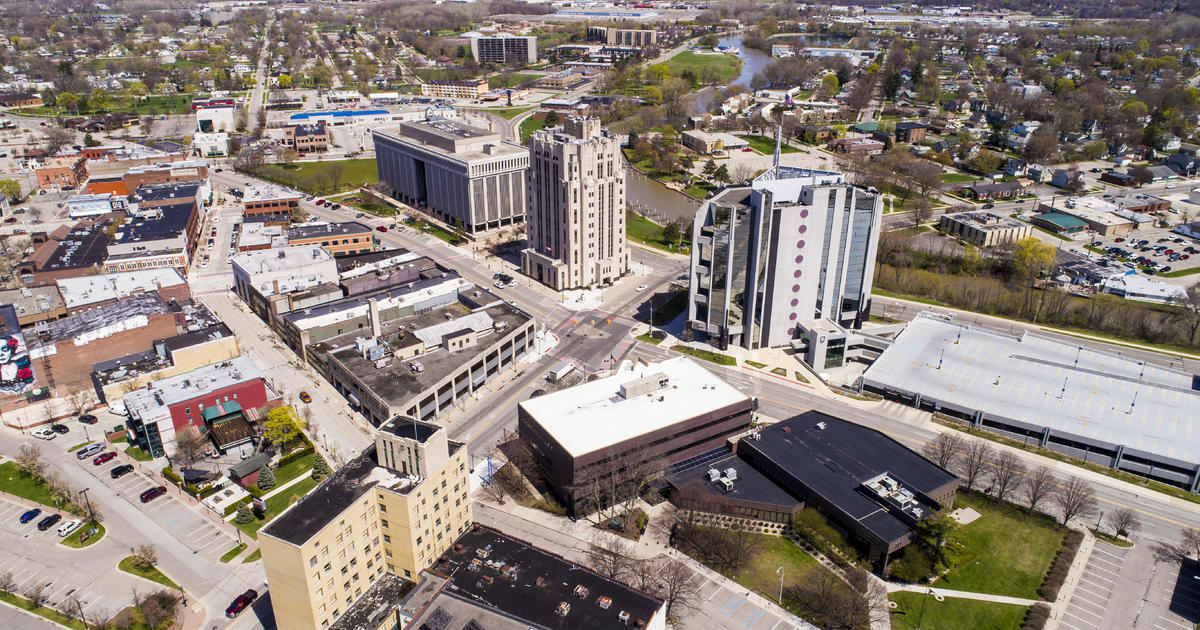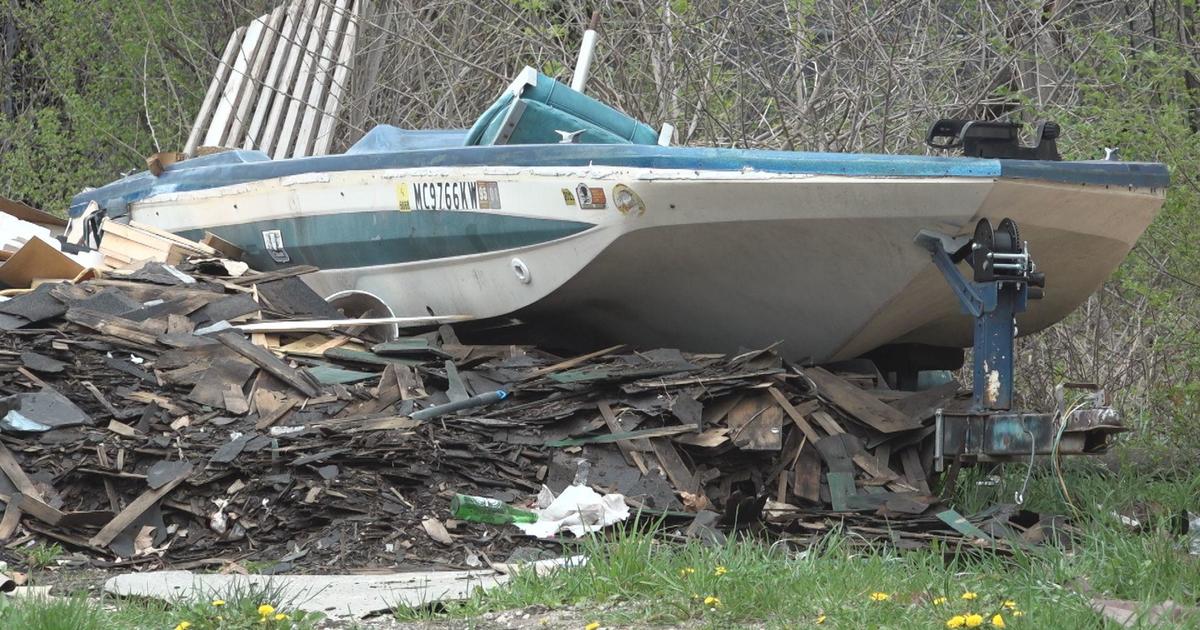Kevyn Orr Plans Next Steps Now That Detroit Is Officially Bankrupt
DETROIT (WWJ) - Discipline and honesty. Detroit Emergency Manager Kevyn Orr says those are two things the city needs as it moves through Chapter 9 bankruptcy.
Judge Steven Rhodes on Tuesday gave Detroit the green light to cut pensions as a way out of the largest municipal bankruptcy in U.S. history. The decision put the case in the laps of thousands of retirees who had hoped the Michigan Constitution would protect them from getting smaller checks in their golden years.
Speaking live on WWJ Newsradio 950 Wednesday morning, Orr said it will take him about a month to craft a detailed "adjustment plan" for how the city plans to get rid of its debt, to be followed by a disclosure statement, which is basically a narrative of how the plan works.
"First of all, we're going to put out a plan of how we're going to pay off all our creditors with money we don't have. The reality is the city has no cash on hand to pay the magnitude of the debt we have, which is $12 billion -- $5.7 billion of which has to do with health care obligations, $3.5 billion has to do with pensions and $2 billion has to do with bondholders. So our plan is going to have to come up with a payment proposal for these creditors over a period of time," he said.
Orr said he knows many of the city's pensioners are angry and concerned, and he feels their pain. But he said citizens need to realize their pensions aren't just going to disappear.
"I want to say to everyone who's a resident of the city, but specifically the retirees, no one is more aware of the hardship that this is going to cause to a number of different people than me. Believe me, when I walk along the street or go into meetings, I hear it all the time," he said. "I don't believe pensions are a thing of the past. Look, we have money in both pension funds. The real issue that we're trying to deal with is the unfunded portion of those pension funds."
Orr said problems with the pension funds stretch back several decades and ultimately could have been prevented.
"If this issue had been addressed very early on in 2005 and 2006, and I think it's fair to say there was some form of mischief going on in the leadership of the city at that time that wasn't paying attention, then we wouldn't be here. But it wasn't," he said. "And people have gone to jail. One of them was your mayor, one of them is some of the counsel to the pension fund. The problem is, there was no one willing, for whatever reason, to step in and stop the behavior. Whoever did it, and I've stayed away from pointing blame because frankly that's not going to help the problem, but whoever did it left us in very sad shape and now we have to deal with it."
But for those wishing the state would step in and save their pensions, Orr said they shouldn't hold their breath.
"Let's put it this way, there's no, as some would call it, bailout. There's no lump sum direct aid that's coming into the city from either the state or the federal government. There's a real risk to that. In the state, there's a number of different cities that need the aid and if they did that, where would it stop? So, we don't anticipate any direct aid," he said.
Instead, Orr said the city will continue to reap the benefits of indirect aid from state and federal partners through deals like the Belle Isle lease.
"That's a cost to us, to the city, somewhere in the neighborhood of about $6 million a year. If you do that over 30 years, that's several hundred million dollars of aid, including help from Michigan State Police, the DNR and Michigan Department of Transportation. In addition, the reason you need 30 years on something like that is because there's anticipated to be a bond issuance for capital improvements to the boat house, petting zoo, golf course and everything. That's the length of time that's typically required to pay back your bondholders. So, we're getting a tremendous amount of help from our federal partners for the grant that we're going to get indirectly and it's been quite helpful, extremely helpful," he said.
And aid like that helps Detroit keep its workforce strong.
"There are no more plans to cut any more jobs. Frankly, the city has been cut down pretty significantly over the past several years, so we don't anticipate any further job cuts," Orr said.
Looking forward to the future of Detroit, Orr said he's optimistic that Mayor Elect Mike Duggan will continue taking things in the right direction.
"Mike is dead on, he's spot on. You have to encourage people to come in, internationally and nationally, to invest in the city and some of that is happening right now. In the downtown central business district, we're 97 percent leased, we have over a dozen new projects going up between downtown, up to new center, along the Woodward corridor, it's just thriving. The issue for us is to make sure that some of that growth and development pushes its way out to the neighborhoods in the other 130 miles of city," he said.
Orr, who has created strong ties to the city since being appointed to his position earlier this year, said it's sometimes difficult to not let emotions work their way into his job, but he's trying to do his best.
"Personally, it takes its toll because unlike corporate reorganizations where you're dealing with supply chains and productivity and all that kind of good stuff, this has a very heavy human dimension to it. There's just a lot of work that needs to be done and its critical work. Unfortunately, it is going to have a significant impact on some people, but it's got to be done," he said.
MORE: Judge Rules Detroit Eligible For Bankruptcy, Says Pensions Can Be Cut



